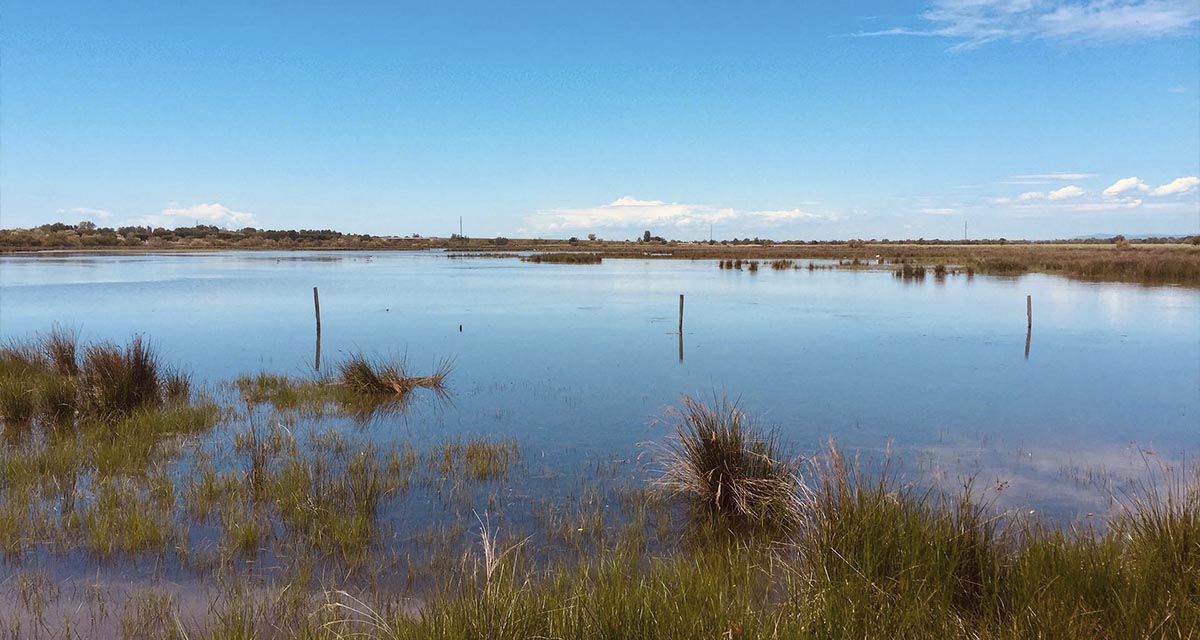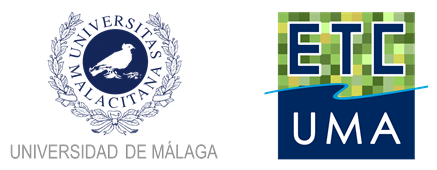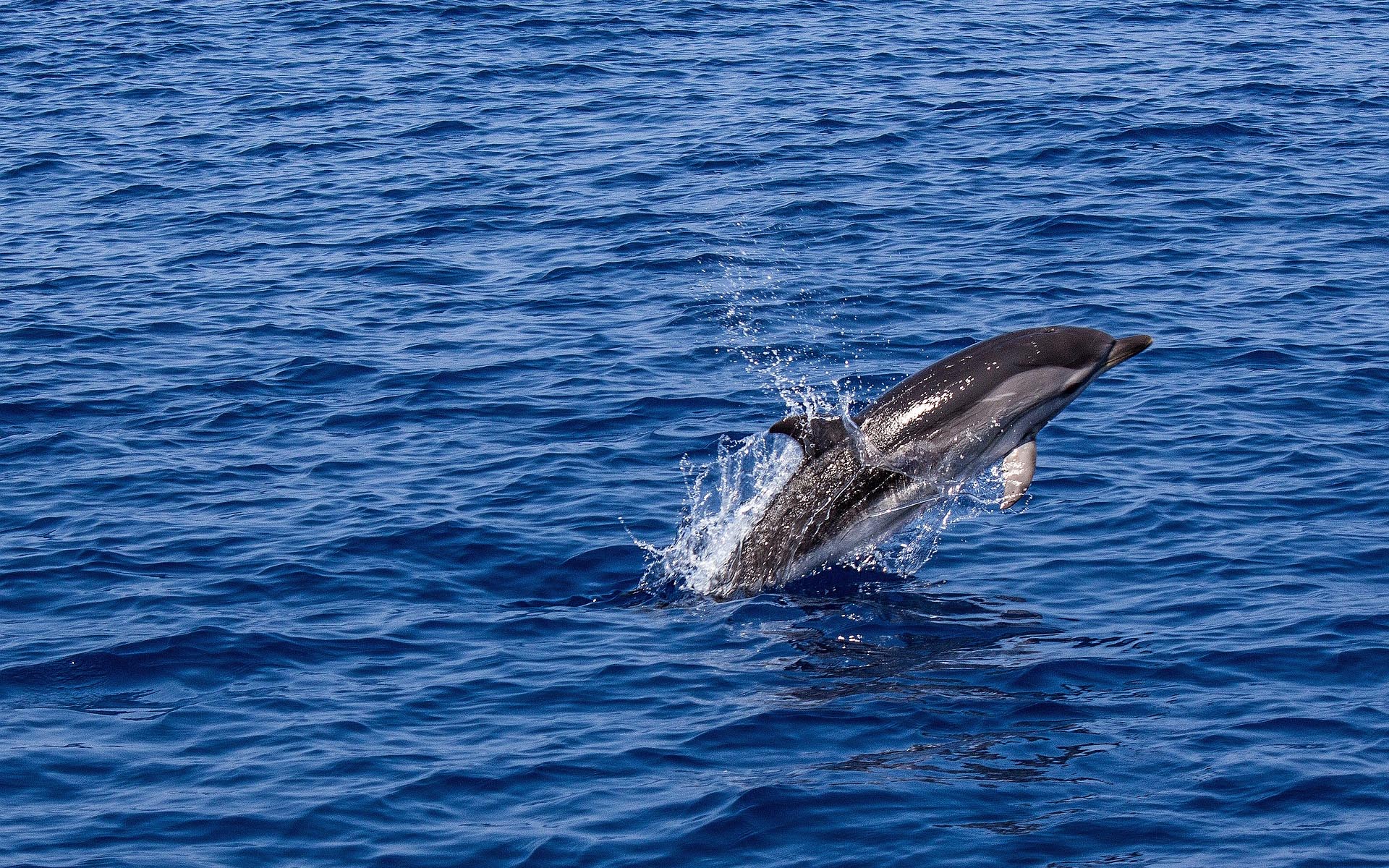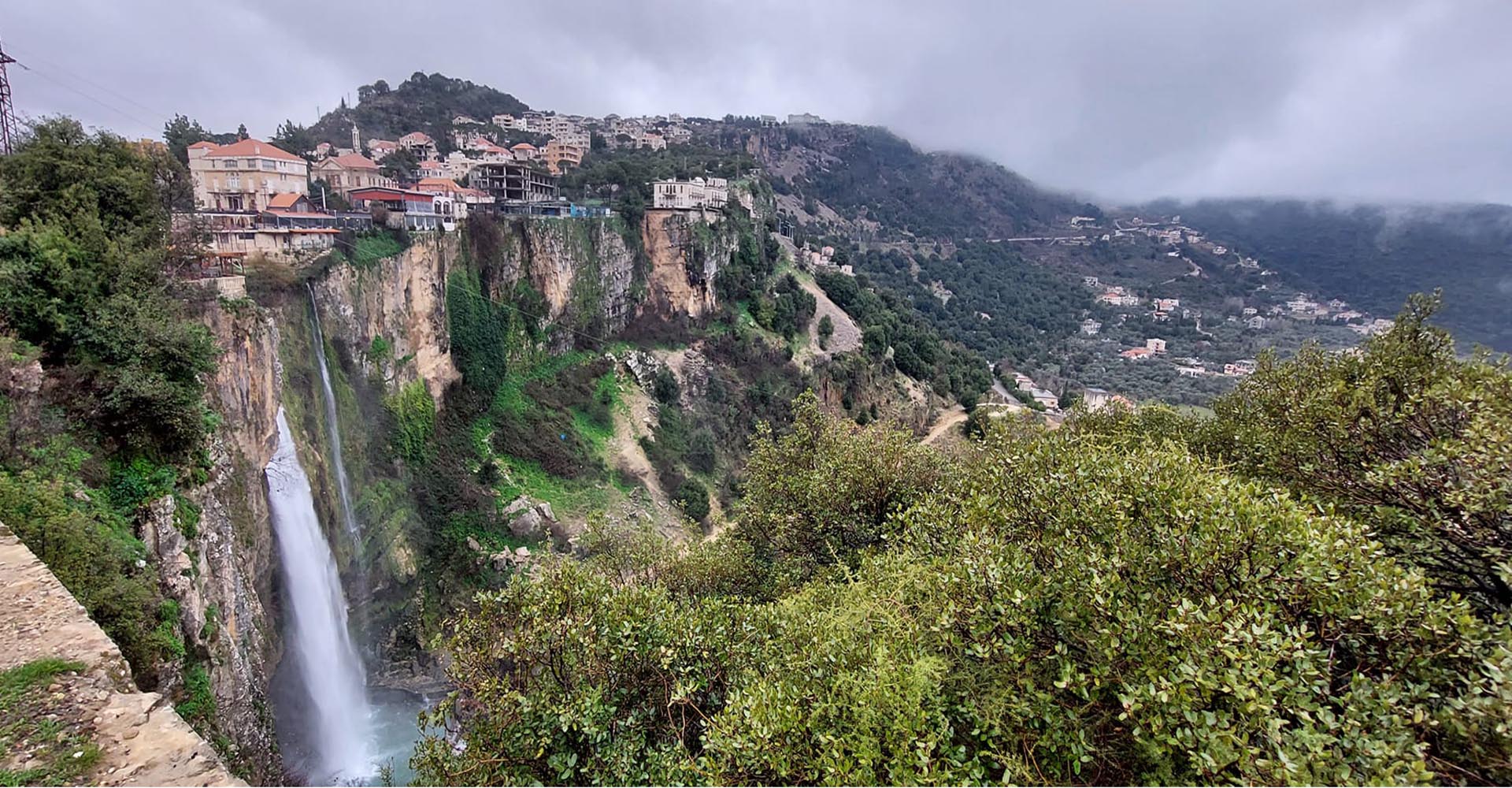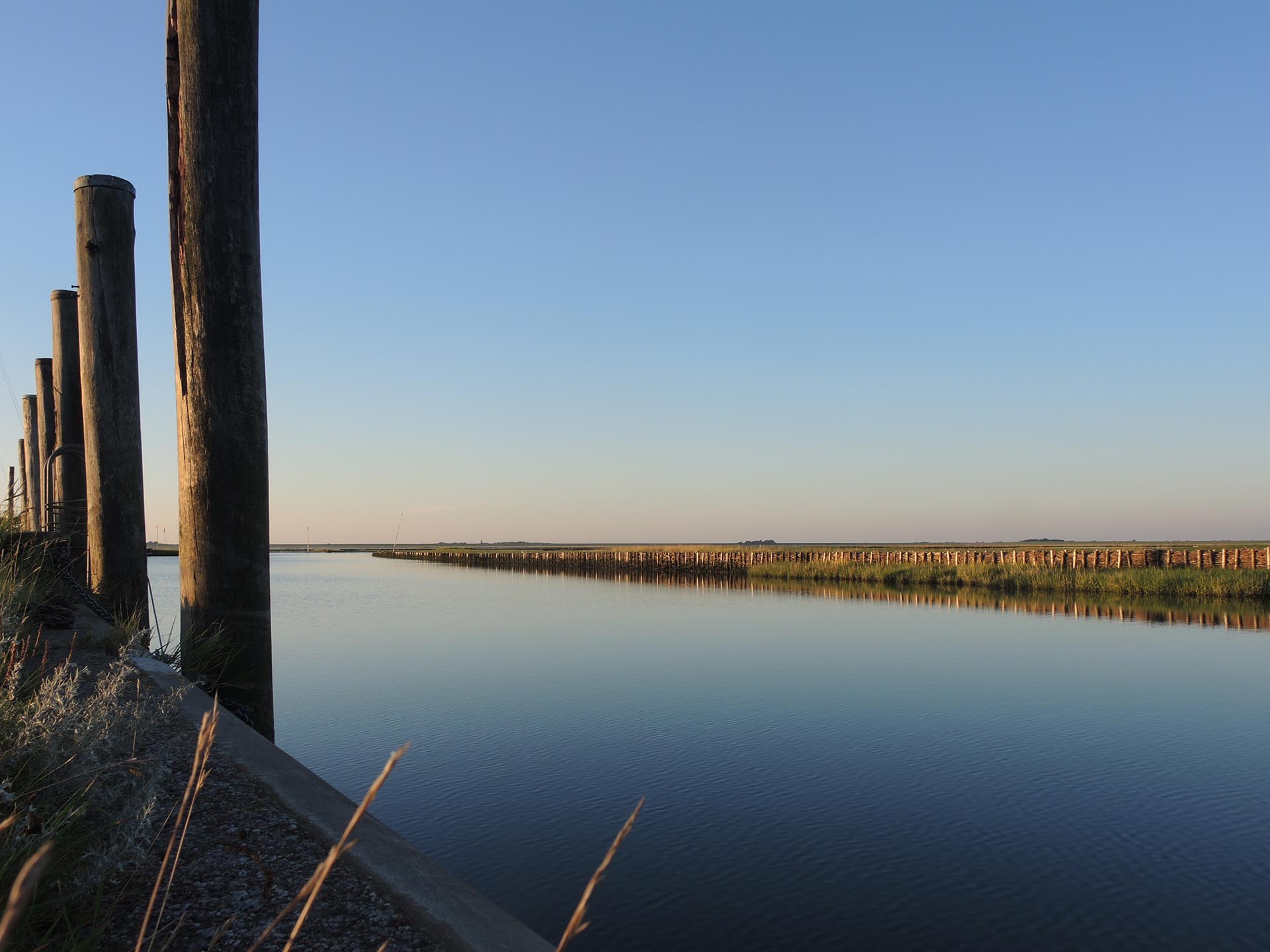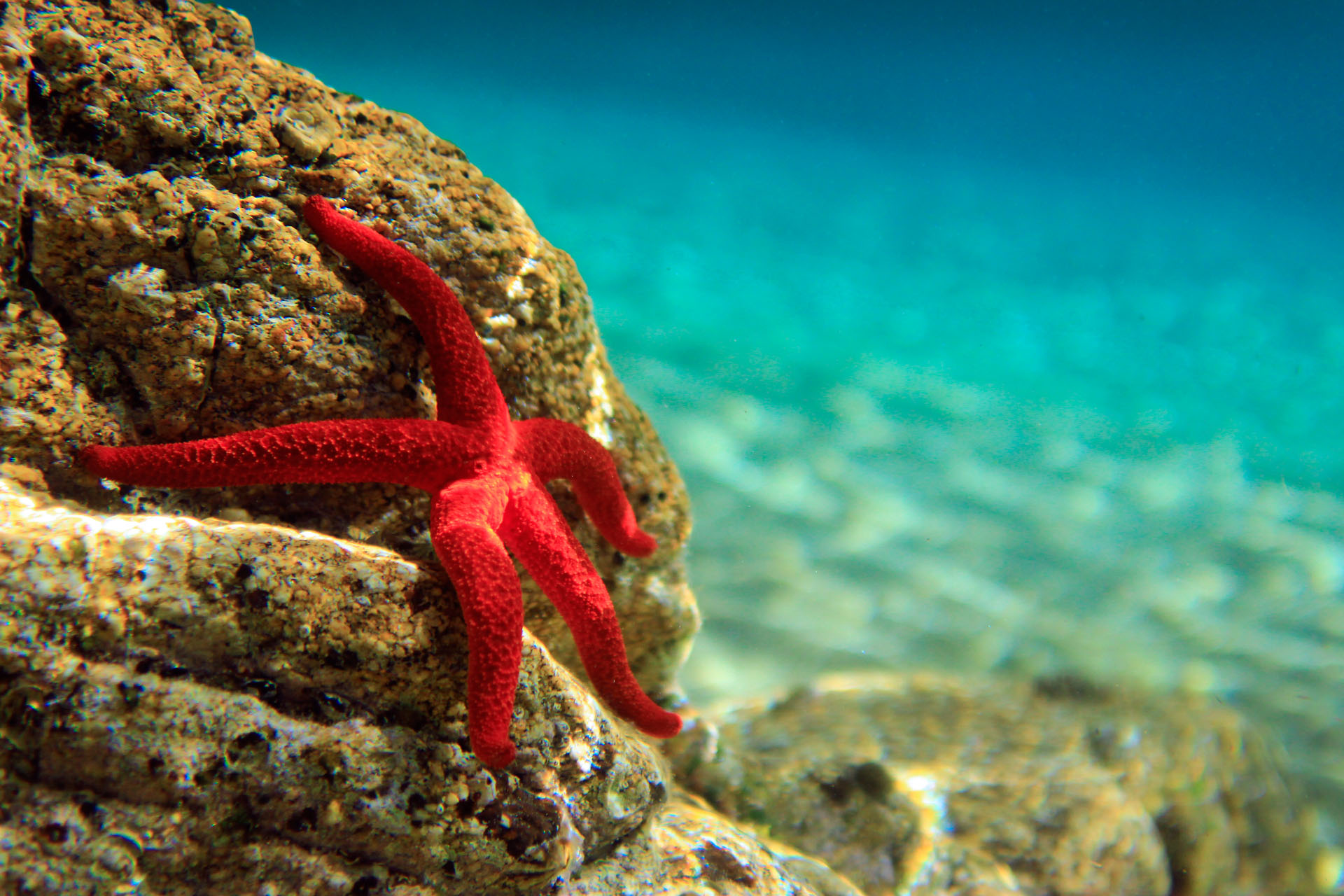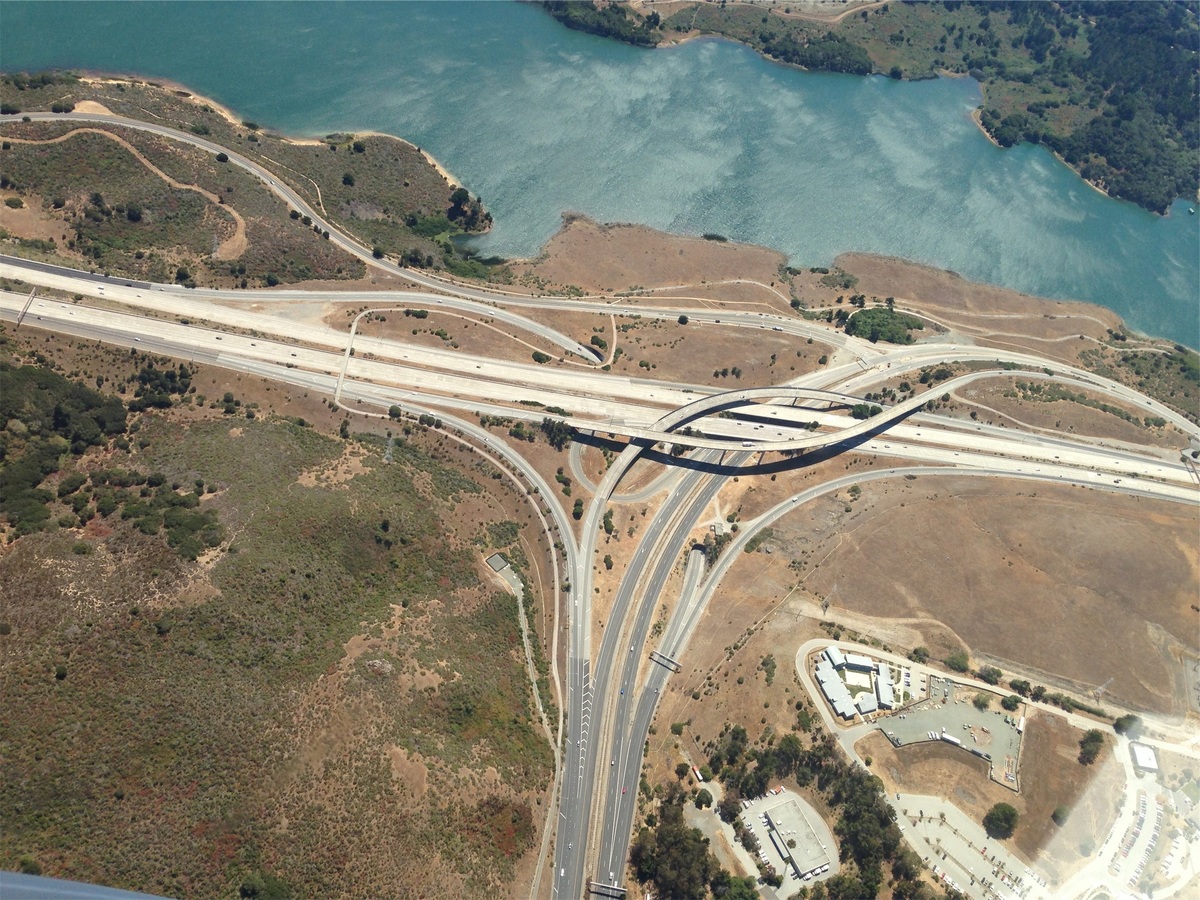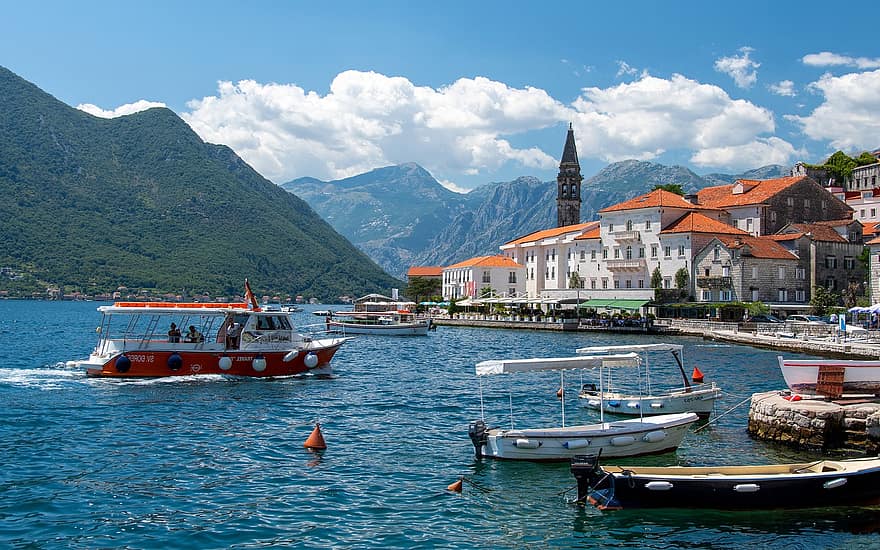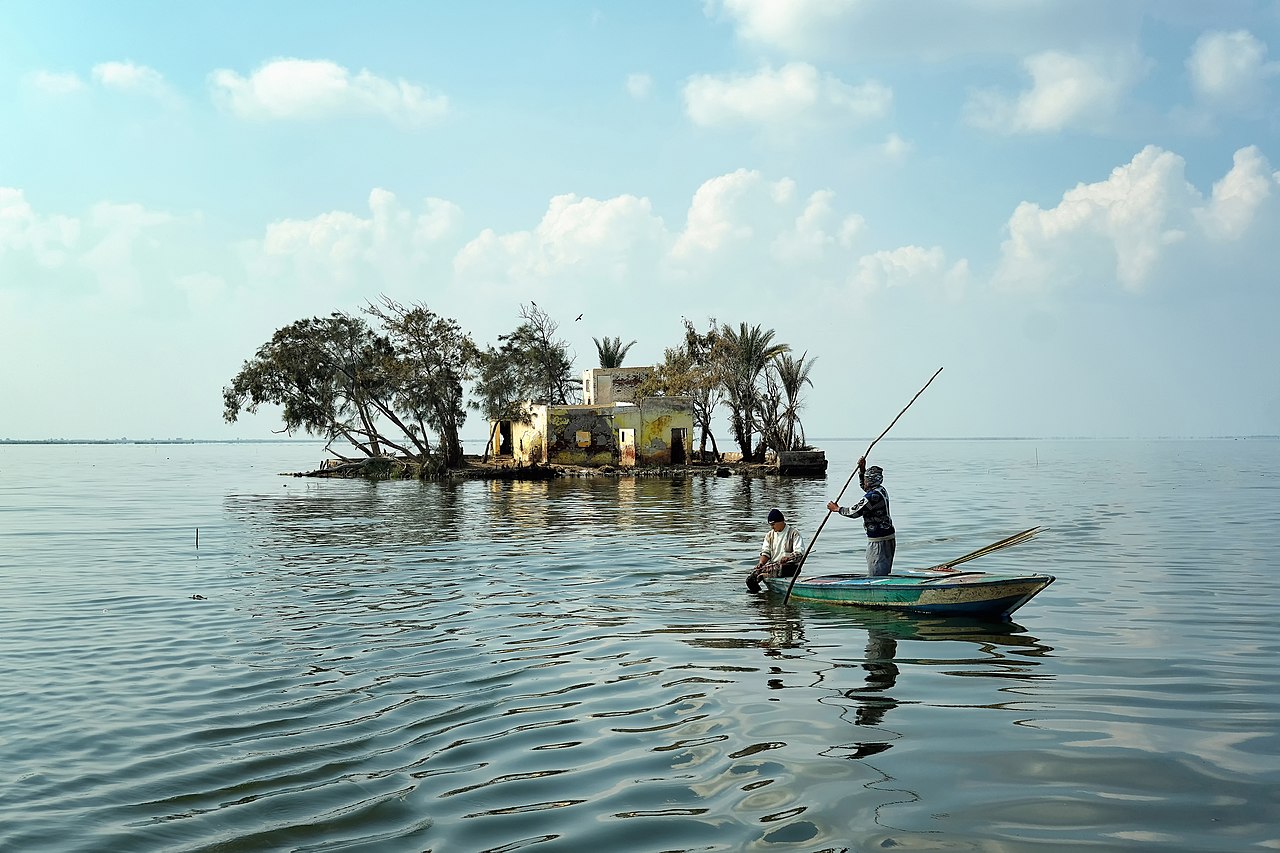European topic centre - university of malaga
Meet our team members

Dania Abdul Malak
ETC-UMA DIRECTOR
daniaabdulmalak@uma.es
+34 951 952 995
Dania Abdul Malak is a senior environmental researcher and Director of the European Topic Centre at the University of Malaga (ETC-UMA). She has over 15 years’ experience in environmental assessment and management. Her research focuses on setting transferable guidelines to apply ecosystem-based management to nature conservation and biodiversity protection at regional scales, including the Mediterranean and Europe. Her work supports the evidence behind the implementation of different Global, European and Mediterranean Directives such as the EU MSFD, the EU MSP, the EU Habitat Directive, the EU Biodiversity Strategy to 2020, the Barcelona Convention for the Protection of the Coastal and Marine Environment in the Mediterranean, as well as the Ramsar and the Carpathian Conventions.
Dania supports the European Environment Agency (EEA) by developing integrated ecosystem assessment frameworks to evaluate the functional capacity of ecosystems to provide ecosystem services. Furthermore, she coordinates several regional initiatives and participates in numerous international research projects related to her field of expertise. More recently, Dania is supporting the United Nations Economic and Social Commission for Western Asia (UNESCWA) in implementing sustainable Development Strategies in Western Asian countries.
She has written several scientific papers and has co-authored many international and regional technical reports and books, namely Adapting to Climate Change- an assessment of Vulnerability and risks to Human Security in the Western Mediterranean basin (Abdul Malak et al., 2017); the European forest ecosystems report (EEA, 2016); European ecosystem assessment – concept, data, and implementation (EEA, 2015), Monitoring Post-fire EVI regeneration in the Eastern Iberian Peninsula using GIS and Remote Sensing in International Journal of Applied Geospatial Research (2016) among others. More on publications are available in the ETC-UMA´s publication section.
RESOURCES
Journal Articles
Merkohasanaj, M.; Rodríguez-Rodríguez, D.; García-Martínez, M. C.; Vargas-Yáñez, M.; Abdul-Malak, D.
Assessing the environmental effectiveness of the Spanish Marine Reserve Network using remote sensing Journal Article
In: Ecological Indicators, vol. 107, 2019.
Abstract | Links | BibTeX | Tags: Conservation and management, Marine protected areas, Protected areas, SOSTPARK
@article{Merkohasanaj2019,
title = {Assessing the environmental effectiveness of the Spanish Marine Reserve Network using remote sensing},
author = {M. Merkohasanaj and D. Rodríguez-Rodríguez and M.C. García-Martínez and M. Vargas-Yáñez and D. Abdul-Malak},
url = {https://www.sciencedirect.com/science/article/pii/S1470160X19305758},
doi = {10.1016/j.ecolind.2019.105583},
year = {2019},
date = {2019-12-01},
journal = {Ecological Indicators},
volume = {107},
abstract = {Healthy marine ecosystems provide a variety of ecosystem services crucial for human wellbeing. Effectively managed Marine Protected Areas (MPAs) are increasingly recognized to be an effective measure to protect endangered species and ensuring healthier ecosystems. This study assesses the environmental effectiveness of the Spanish Marine Reserve Network (MRN) with regard to: 1) water quality: chlorophyll-a concentrations (Chl-a), sea surface temperature (SST), and Salinity; and 2) protected species conservation: coverage and density of Posidonia oceanica (P. oceanica), using a Multiple-Paired-Before-After-Control-Impact (MPBACI) research design. Water quality and protected species indicators were compared before and after Marine Reserve (MR) designation, inside MRs and in different outer control areas of 1 km, 5 km, 10 km and equal-area buffers, for the whole MRN (Marine Reserve Network), by marine ecoregions and for some specific MRs. We used Copernicus Marine Monitoring Remote Sensing data to ascertain water quality values and validated their accuracy compared to in-situ data as well as the reliability of Chl-a concentration derived from Sentinel 2 (S2) images. Water quality results reveal significant differences in mean Chl-a and Chl-a range, mean Salinity and SST range between cases (inside MRs) and 5 km-buffer control areas for the entire MRN. Analyses by ecoregion showed no significant differences in water quality between cases and controls in the Western Mediterranean ecoregion or in the Azores, Canaries and Madeira ecoregion, whereas the Alboran Sea ecoregion MRs had higher mean Chl-a concentration and lower mean Salinity, mean SST and SST range than all controls. Results on P. oceanica beds showed a significant increase in P. oceanica density (almost twice) inside Tabarca MR (TBA) compared to outer control cases, but no significant changes in P. oceanica coverage. Validation of Remote Sensing (RS) data using in-situ measurements demonstrated significant differences for Chl-a concentration and no significant differences for SST and Salinity between both techniques. Chl-a concentration by S2 reveals statistically significant differences with in-situ data. Our findings suggest environmental effectiveness of the Spanish MRs and still limited sensitivity of open source medium resolution RS tools to assess MPA effectiveness.},
keywords = {Conservation and management, Marine protected areas, Protected areas, SOSTPARK},
pubstate = {published},
tppubtype = {article}
}
Rodríguez-Rodríguez, D.; Abdul-Malak, D.; Schröder, C.; McGlade, K.; Pascual, D.
Bridging the research-management gap in environmental conservation: A case study from Andalusia, southern Spain Journal Article
In: SDRP Journal of Earth Sciences & Environmental Studies, vol. 4, no. 2, pp. 579-588, 2019, ISBN: 2472-6397 .
Abstract | Links | BibTeX | Tags: Conservation and management, Environmental conservation, Protected areas, SOSTPARK
@article{Rodríguez-Rodríguez2019b,
title = {Bridging the research-management gap in environmental conservation: A case study from Andalusia, southern Spain},
author = {D. Rodríguez-Rodríguez and D. Abdul-Malak and C. Schröder and K. McGlade and D. Pascual},
url = {https://www.siftdesk.org/article-details/Bridging-the-research-management-gap-in-environmental-conservation-A-case-study-from-Andalusia-southern-Spain/489},
doi = {10.25177/JESES.4.2.RA.489},
isbn = {2472-6397 },
year = {2019},
date = {2019-04-01},
journal = {SDRP Journal of Earth Sciences & Environmental Studies},
volume = {4},
number = {2},
pages = {579-588},
abstract = {Science is believed to provide the most objective basis for effective decision-making, though it is rarely implemented in environmental management. Here we reflect on the results of a regional workshop aimed at exploring the knowledge and use of scientific evidence by environmental managers in an ecologically diverse region in southern Spain: Andalusia. Scientists were moderately aware of regional managerial needs. They stated that regional managers’ needs could be mostly addressed by their research centers, and that they often considered managerial needs when conducting research. In turn, environmental managers had limited knowledge of, and interest in, the environmental research carried out in the region. However, managers stated they frequently use scientific outputs in their jobs. The main perceived barriers to effective use of science in regional environmental management by both groups were: different priorities by each group, and limited time of managers to check scientific information. Scientists also perceived that managers were not sufficiently engaged in research and that they were often reluctant to change their usual managerial practices. Managers mentioned inadequate scientific dissemination formats. The perceived solutions to those issues were: reinforcing collaboration mechanisms between both groups; aligning research to managerial needs more closely; greater managers’ awareness of adaptive management; and developing user friendly, synthetic communication tools for managers. The insights from the workshop are intended to help scientists and managers to enhance effective use of environmental science in Spain and elsewhere.},
keywords = {Conservation and management, Environmental conservation, Protected areas, SOSTPARK},
pubstate = {published},
tppubtype = {article}
}
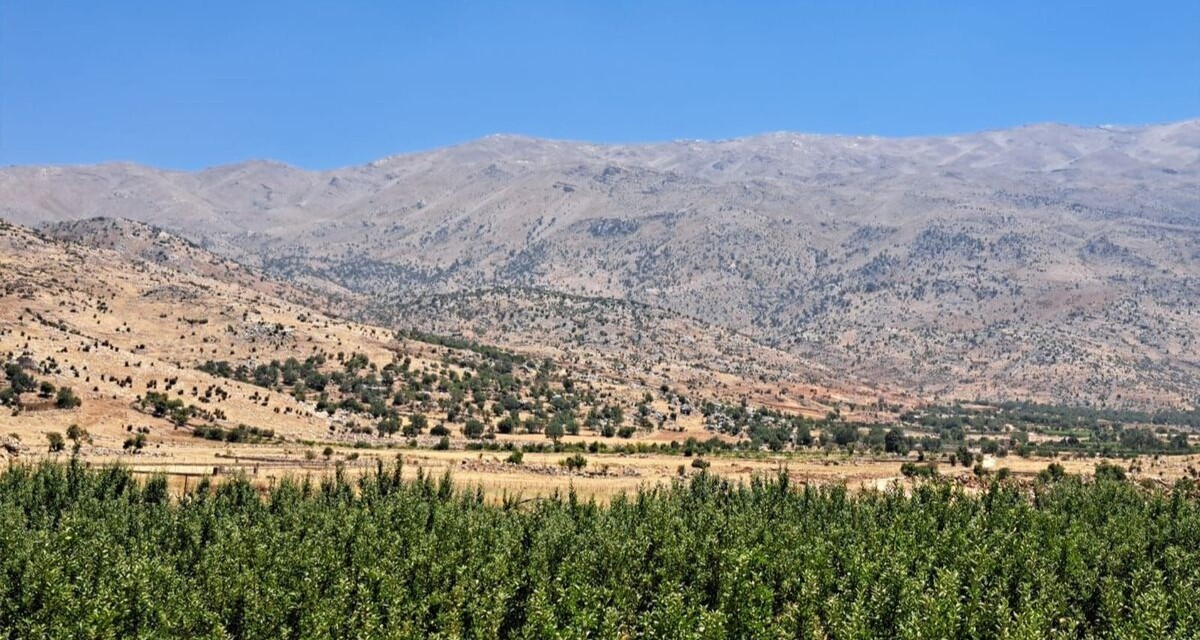
Back in Lebanon with BioConnect: Witnessing nature protection and socioecological resilience in action
As part of ETC-UMA’s role as the external evaluator for the EU-funded BioConnect project, the Centre’s Director, Dania Abdul Malak, carried out a site visit to Lebanon from July 8 to 12 to assess the project’s progress in its third ...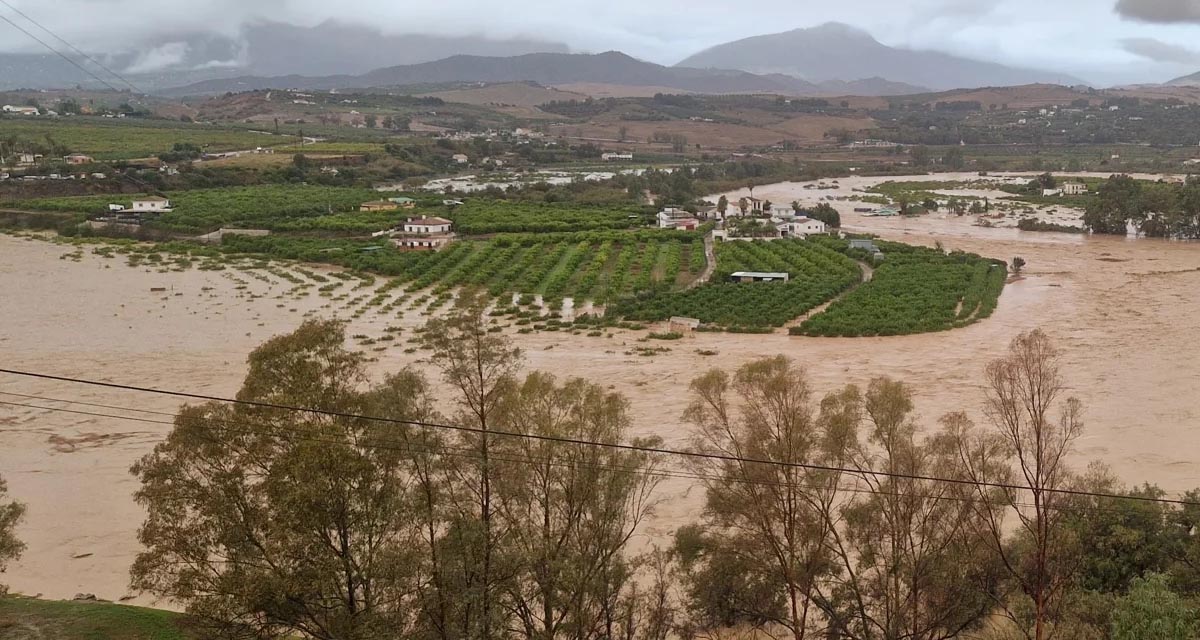
Boosting Climate Resilience: Wetland4Change Project Advances Flood Management Solutions for Mediterranean Coastal Zones
The Mediterranean coastal zone´s combination of multiple severe climate hazards – rising temperatures, water scarcity, sea-level rise, and extreme weather events – makes it a hotspot for highly interconnected climate risks for the ecosystems and societies. Recent catastrophic floods in ...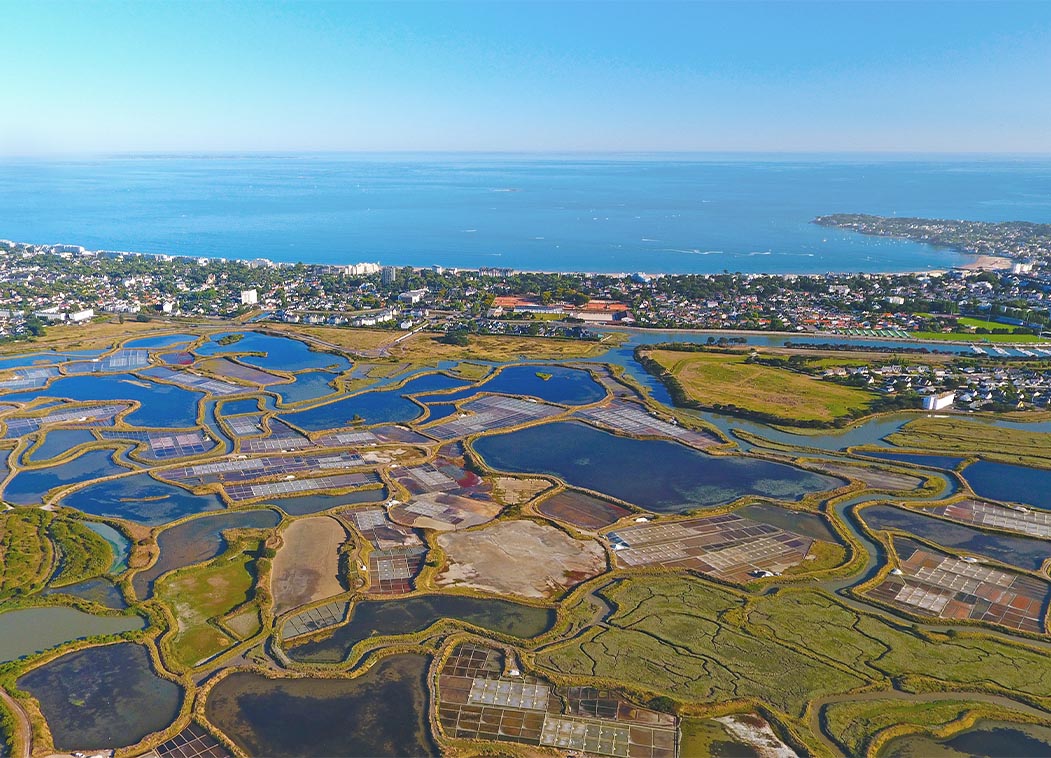
RESTORE4Cs 1st Policy Brief: How can coastal wetlands help achieve EU climate goals?
The first RESTORE4Cs Policy Brief of RESTORE4Cs, “How can coastal wetlands help achieve EU climate goals?“, highlights the importance of European coastal wetlands for reducing Greenhouse Gas emissions. The key messages of the first RESTORE4Cs Policy Brief include: Coastal wetlands are important natural carbon stores, ...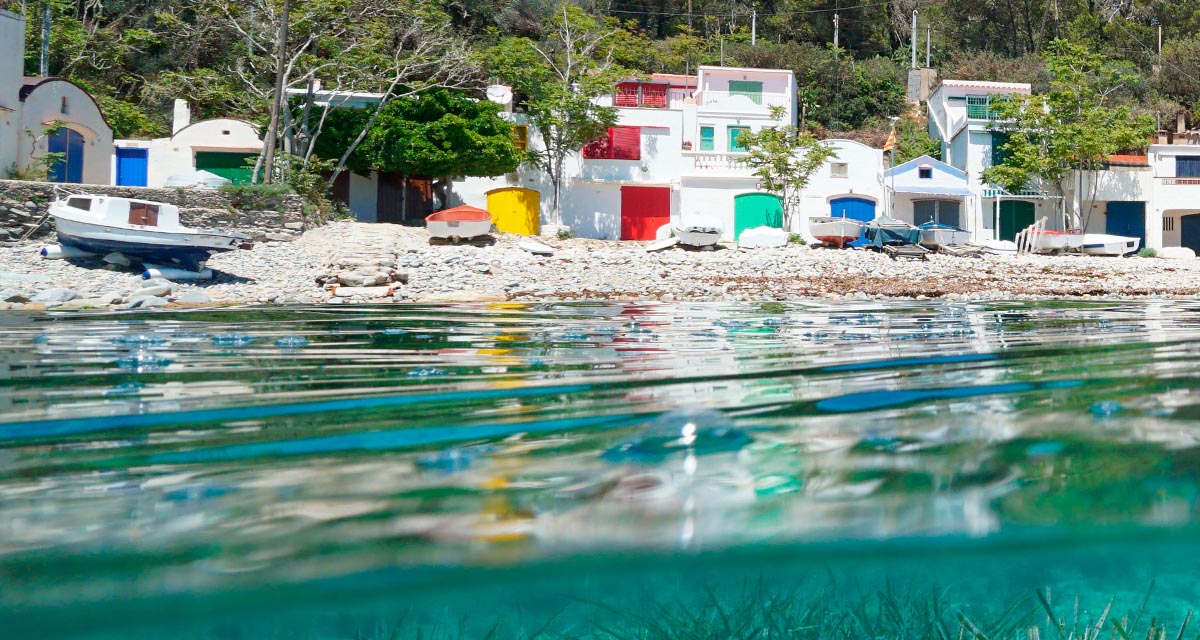
Mapping the Impact of Blue Tourism in the Mediterranean
The IUCN Centre for Mediterranean Cooperation with the support of ETC-UMA in the framework of the Blue Tourism Initiative, has released a comprehensive report entitled “Mapping the Impact of Blue Tourism in the Mediterranean: Vulnerability Assessment of Coastal and Marine ...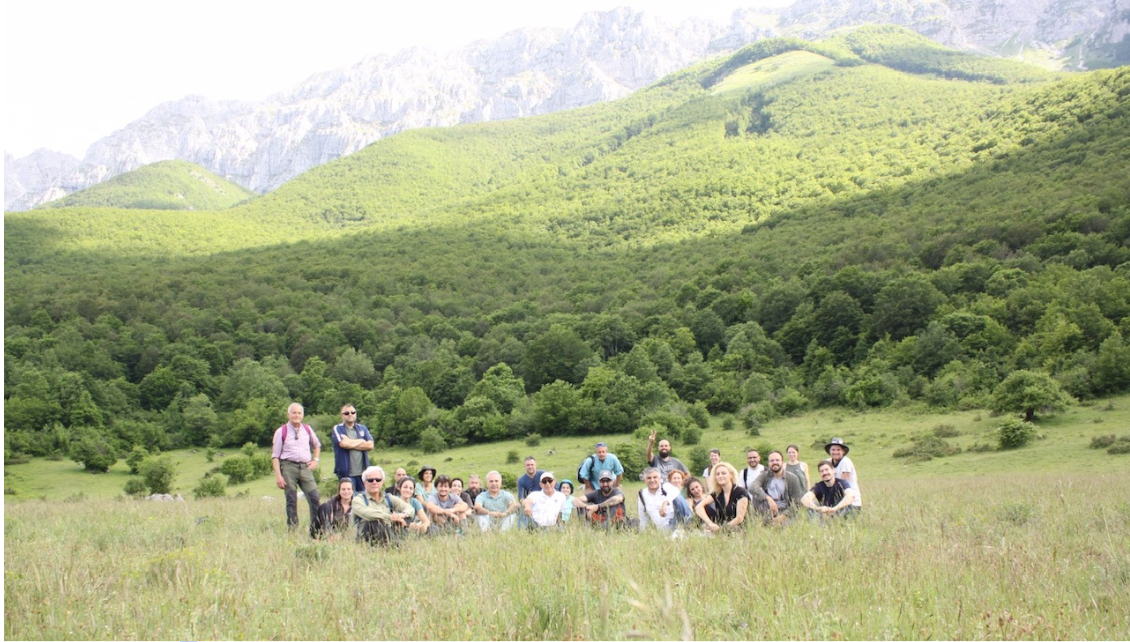
StrategyMedFor Presented at Annual Medforval Meeting 2024
StrategyMedFor was prominently featured at the Annual Medforval Meeting 2024, held from June 5-7 in Fontecchio, Italy. The event brought together 25 practitioners from national parks and natural reserves across 9 Mediterranean countries, providing a valuable platform for StrategyMedFor to ...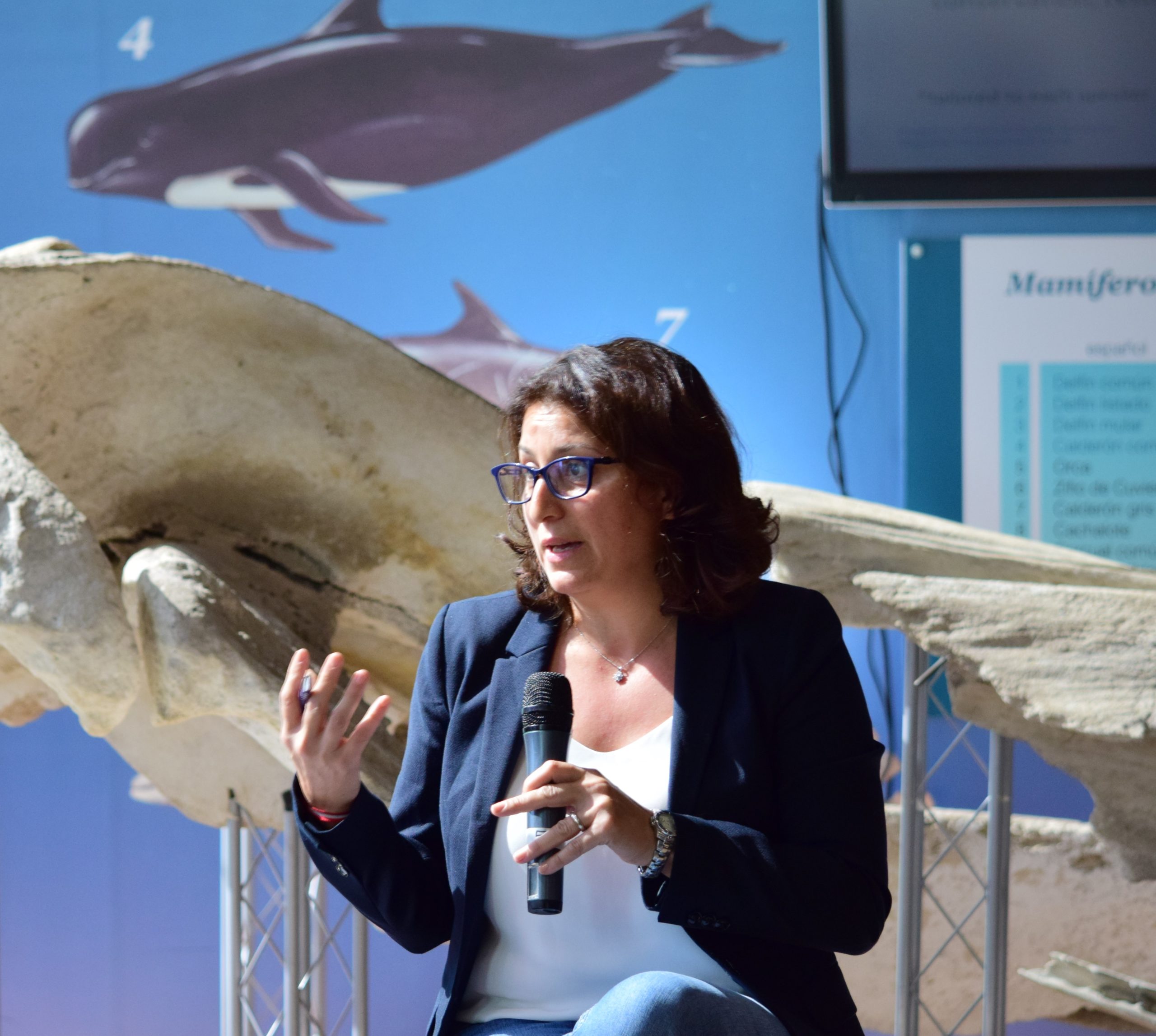
Celebrating leadership in environmental management: an interview with Dania Abdul Malak
From designing integrated ecosystem assessments in Europe and the Mediterranean to transforming outcomes into evidence-based recommendations for regional stakeholders, the European Topic Centre on Spatial Analysis and Synthesis (ETC-UMA) stands as a flagship for territorial cooperation. At the forefront of ...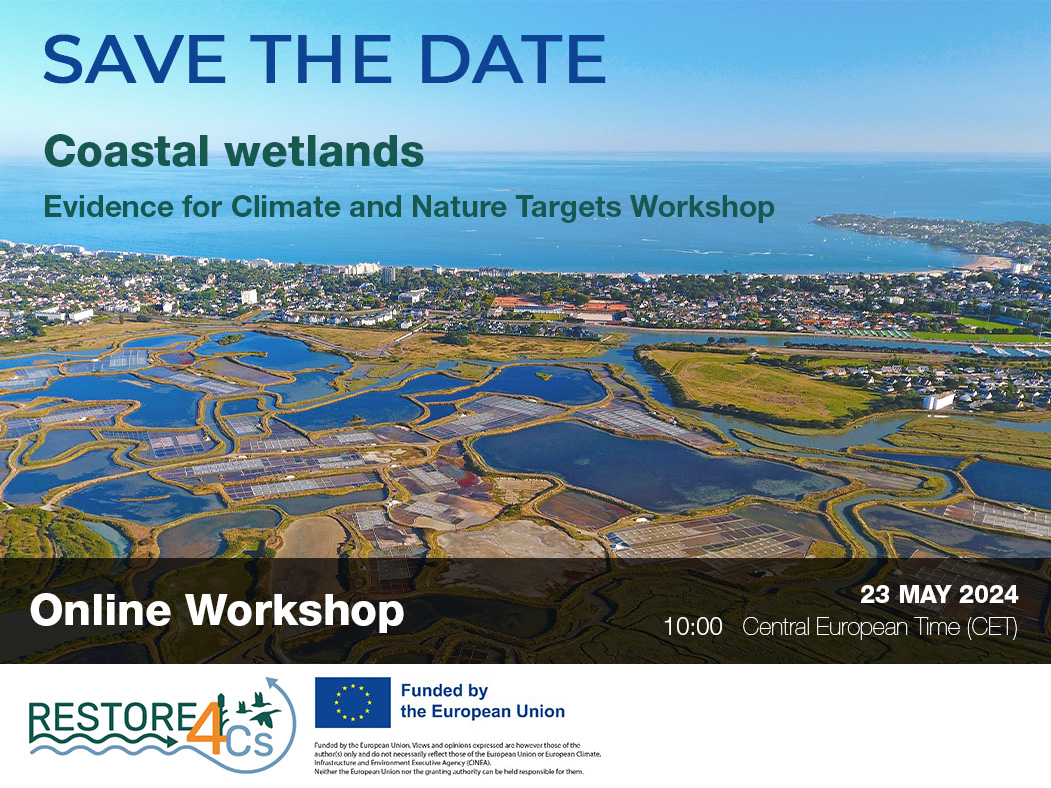
Save the date! Unlocking solutions for coastal conservation in Europe
How can coastal wetlands respond to major European Union objectives such as climate neutrality, biodiversity protection, and pollution reduction? What key role do coastal wetlands play in achieving EU commitments for climate mitigation and biodiversity conservation? The European Topic Centre ...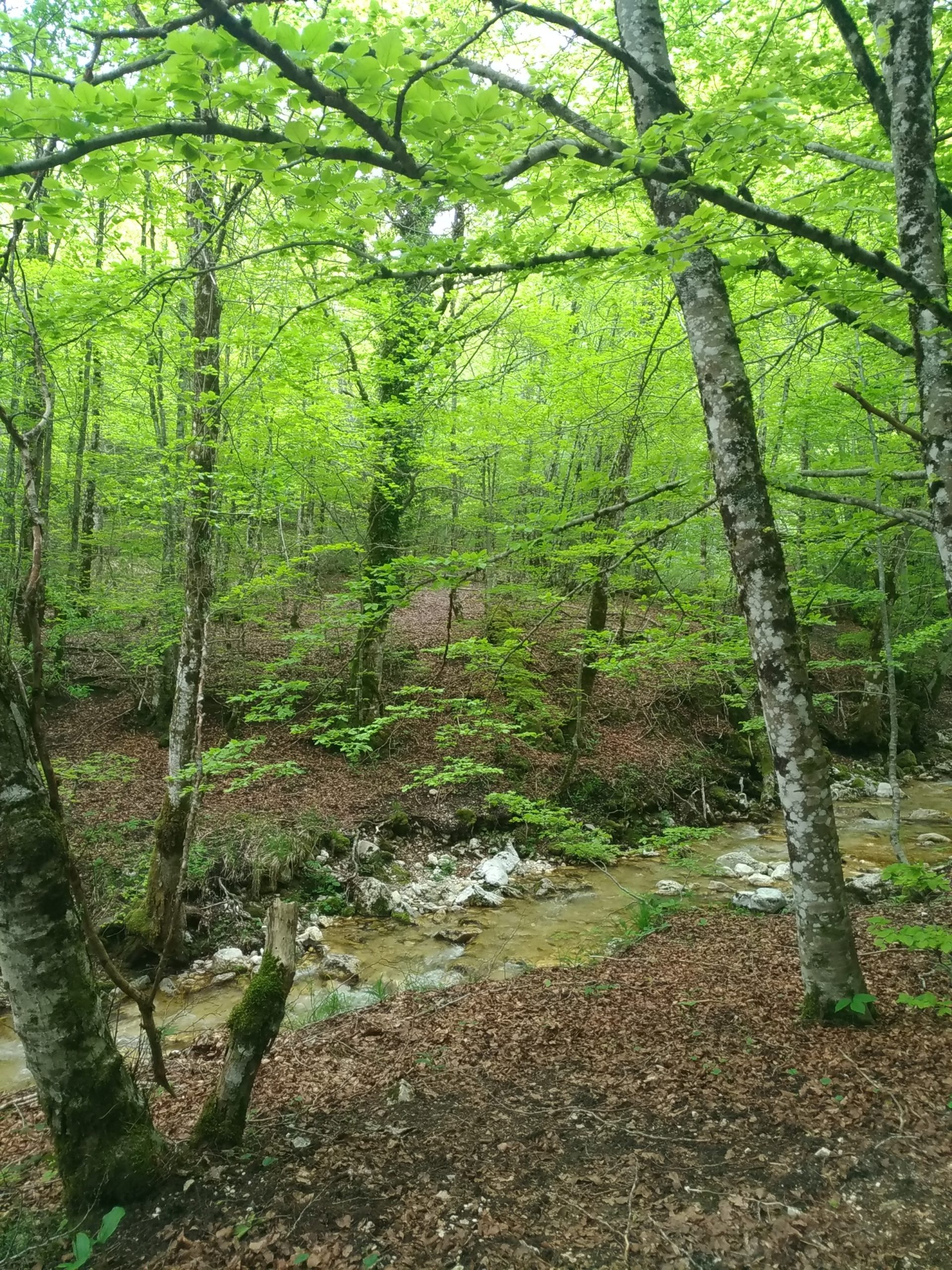
Towards a Strategy for the Sustainable Management of Mediterranean Forests (StrategyMedFor)
The StrategyMedFor project, co-financed by the Interreg Euro-MED programme, was launched at the University of Malaga during a two day meeting that took place on March 18 and 19, 2024. The European Topic Centre on Spatial Analysis and Synthesis (ETC-UMA), ...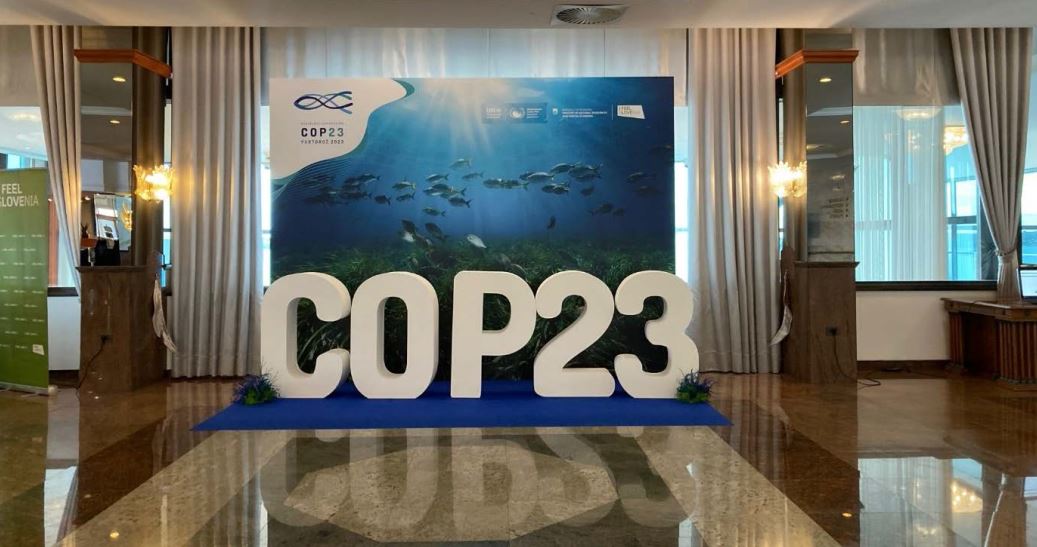
Collaborative science for forests by ETC-UMA showcased in Slovenia during the COP23
As UNEP MAP partner organization, ETC-UMA recently engaged in the organization of a session with Mediterranean institutions under the topic of climate change, entitled: From COASTAL to FOREST ecosystems: Mediterranean Nature-based Solutions to tackle climate change and ensure the Resilience ...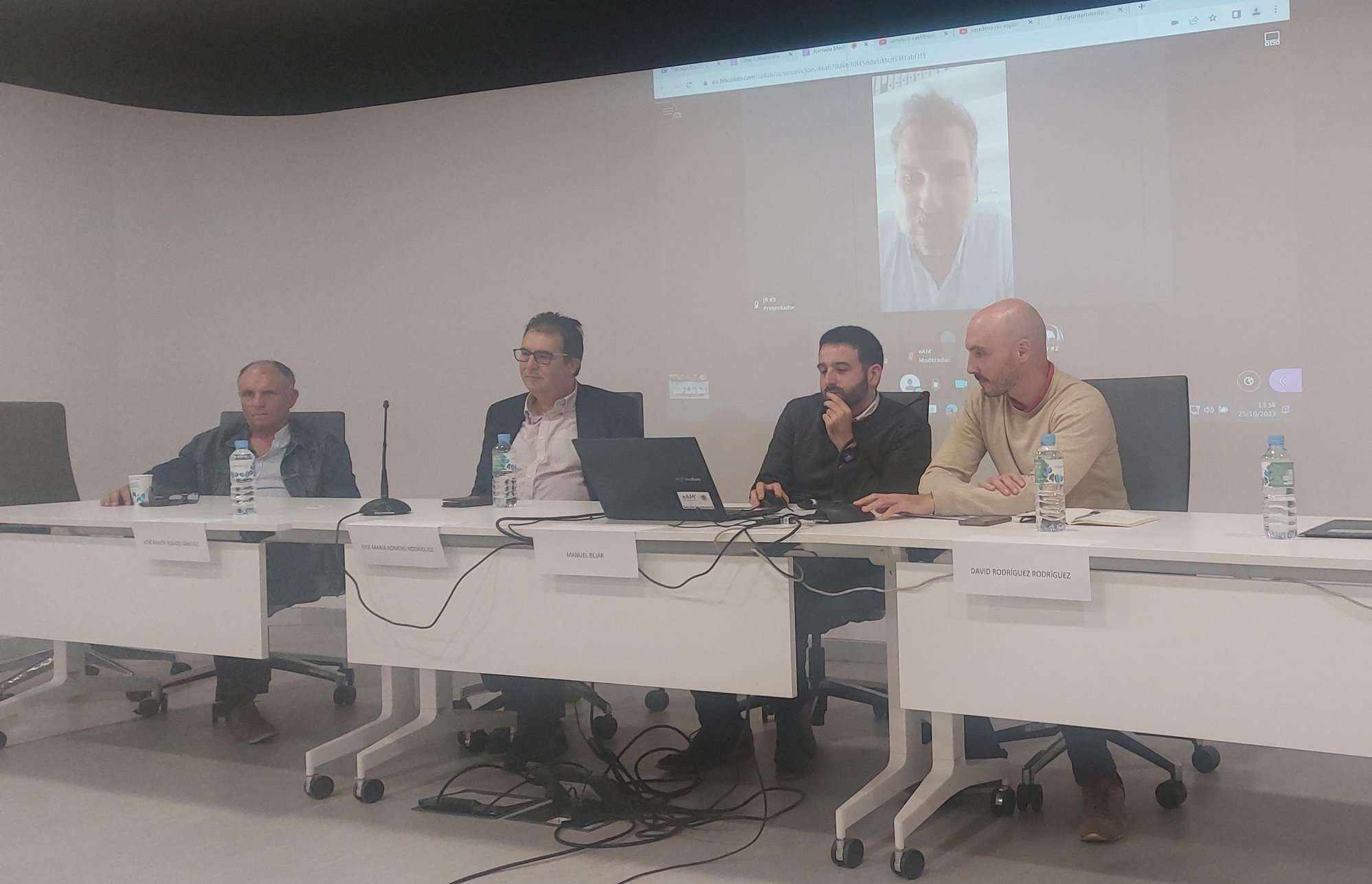
Tools for conserving the Spanish coast
On the initiative of the Instituto Universitario Hábitat Territorio y Digitalización (iHTD) of the University of Malaga, around 70 representatives of Spanish public administrations, researchers, architecture and environmental science players and civil society signed up to the second debate on ...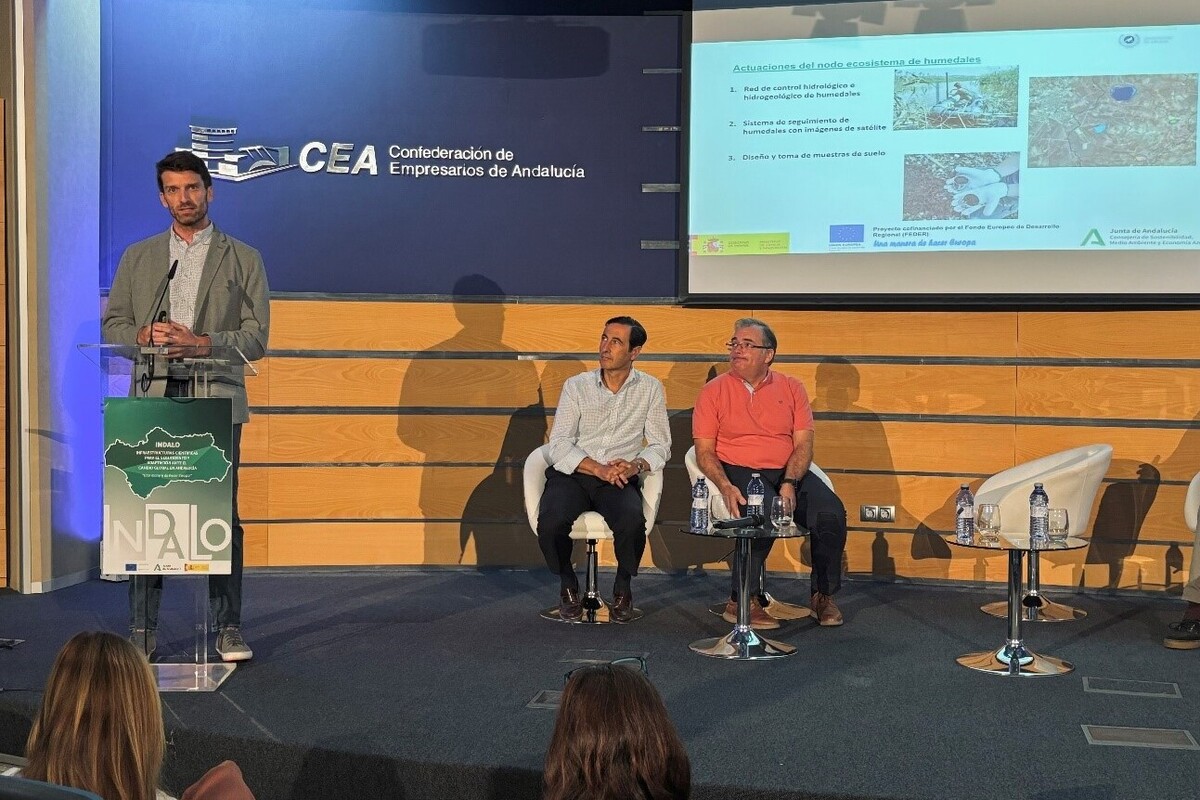
GreenEye System: a cloud-based system to monitor wetlands in Andalusia
Developed in the frame of the LifeWatch INDALO project cofinanced by the European Regional Development Fund (ERDF) for the study of biodiversity and global change in Andalucia, GreenEye System, this new cloud-based monitoring system, provides useful tools for wetlands’ assessment, ...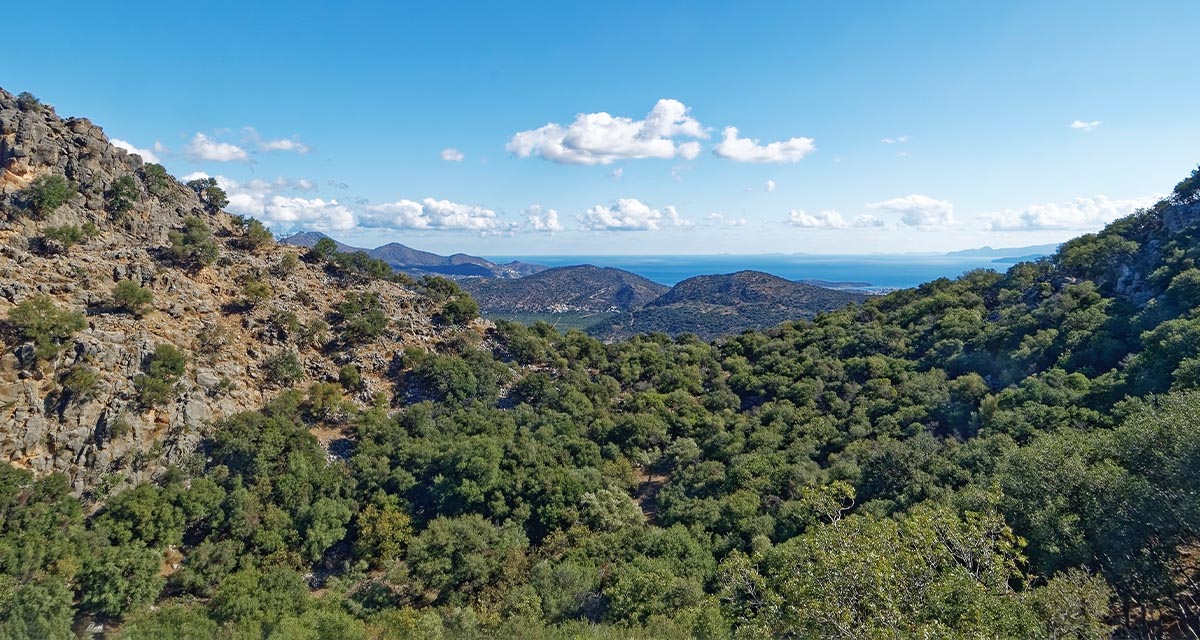
Looking back and forth to Mediterranean Forests
Timely published to enrich the knowledge available to fight fires and climate change challenges after an extremely hot summer, the proceedings of the Seventh Mediterranean Forest Week “Forest and Ecosystem Restoration for the next Mediterranean Generations” held from 21 to ...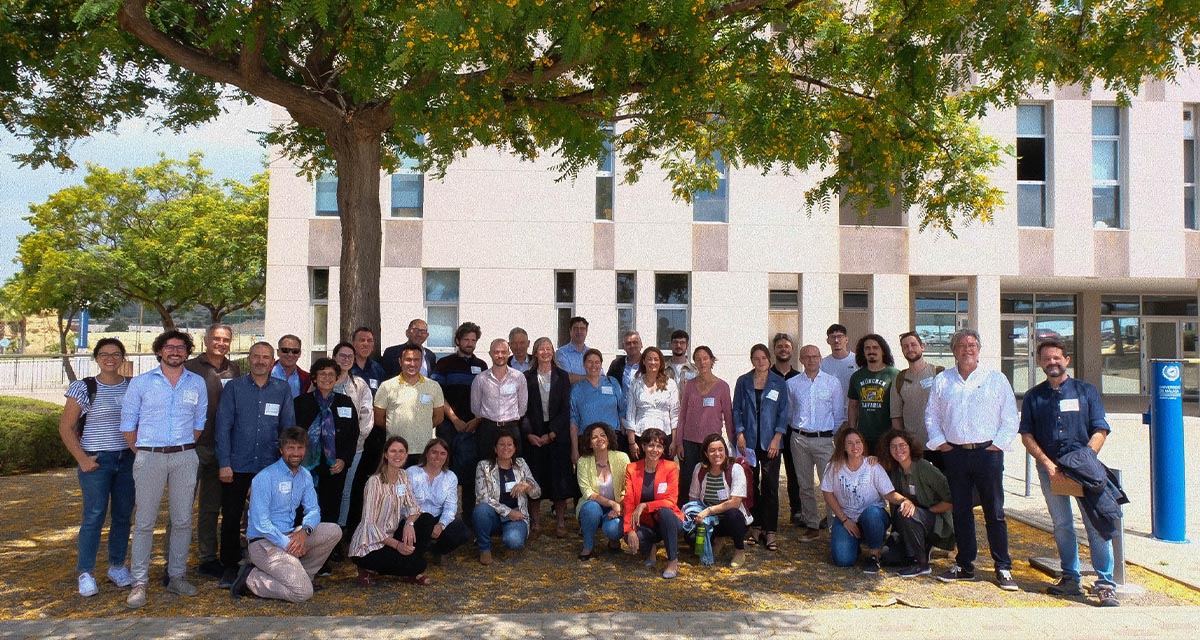
More space for innovative Mediterranean forest data partnerships
The report entitled A knowledge baseline on Mediterranean forests supported by innovation launched in July by ETC-UMA provides a highlight of what Mediterranean countries and institutions are doing to integrate new digital, satellite and Artificial Intelligence technologies into forest monitoring ...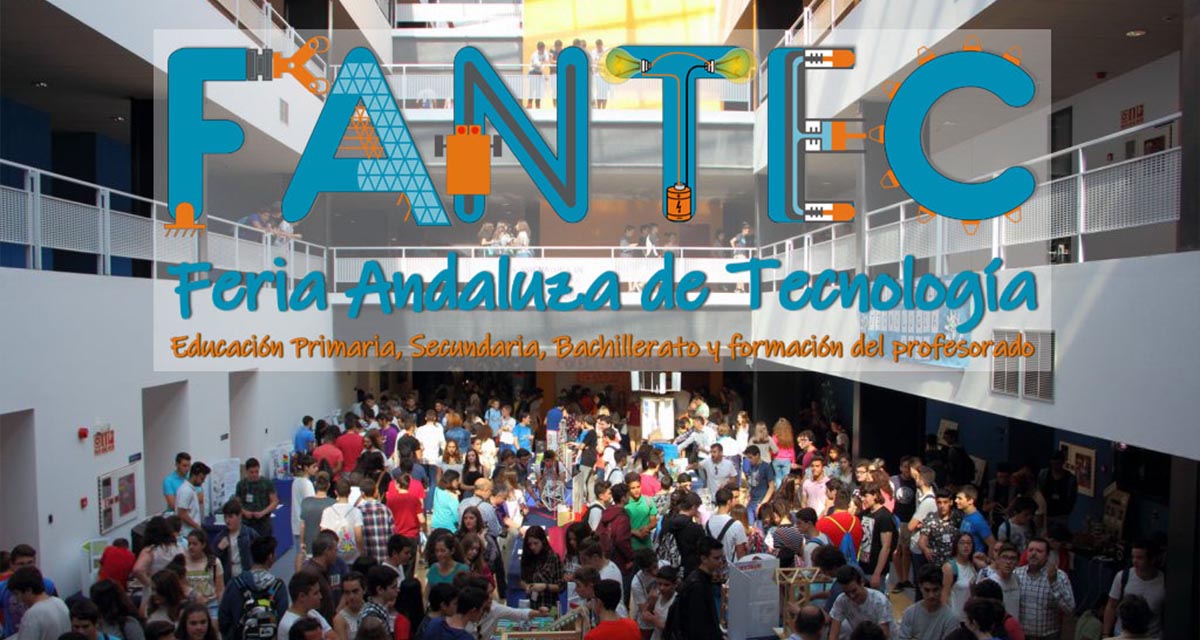
The Earth from Space shown by ETC-UMA at FANTEC 2023
Students from 80 centers from all over Andalusia came together on Friday 19 May 2023 at the High School of Industrial Engineering of the University of Malaga to participate, one more year, in the Andalusian Technology Fair 2023. Antonio Sanchez ...